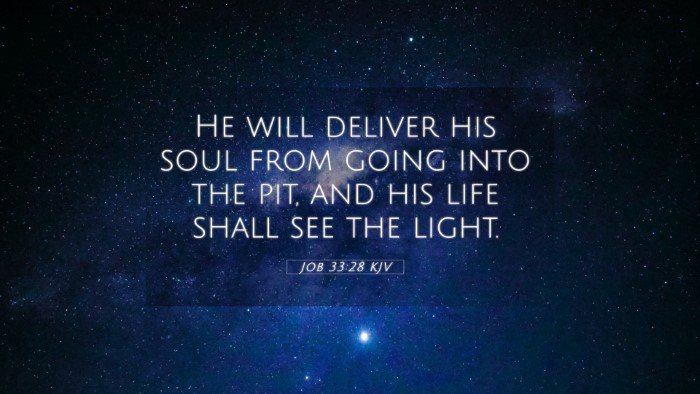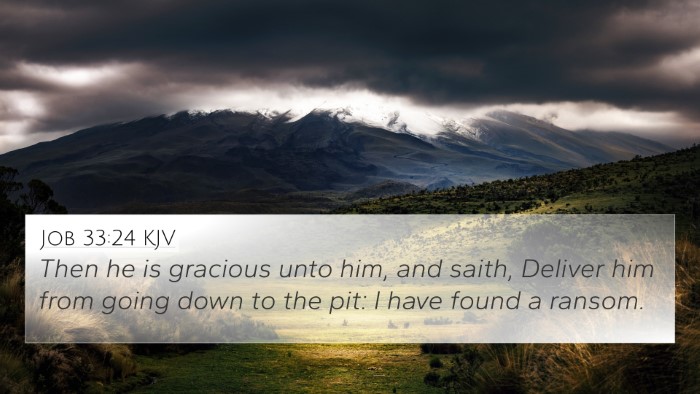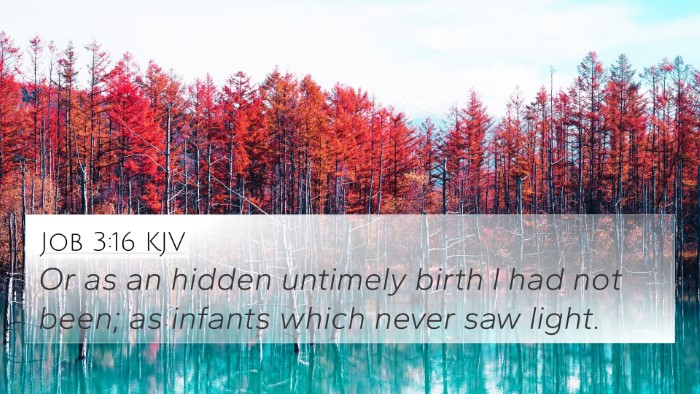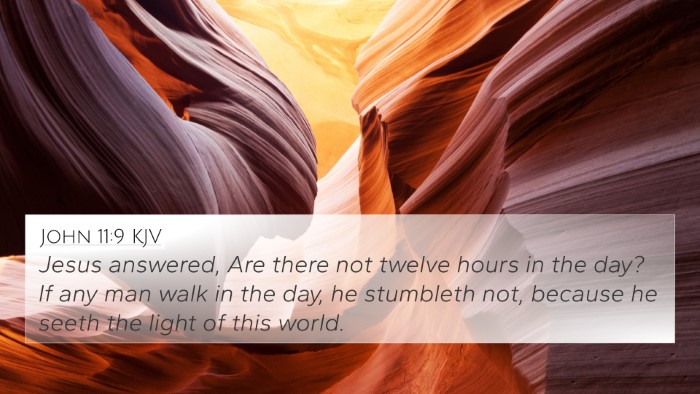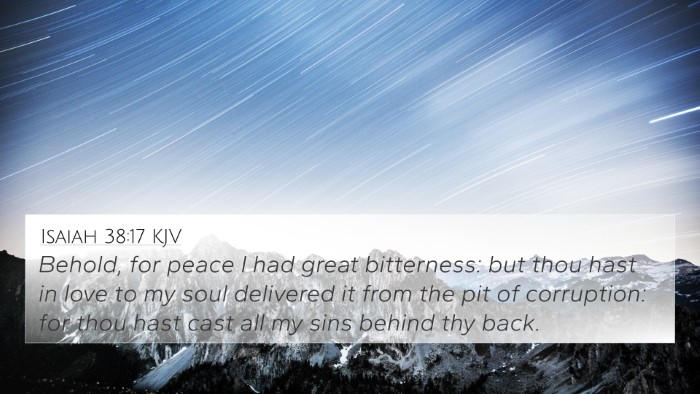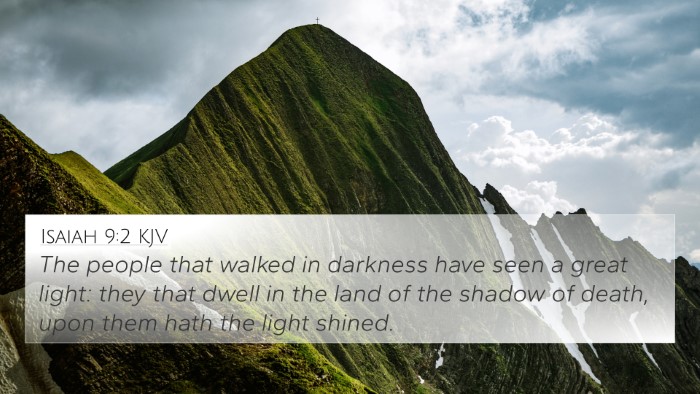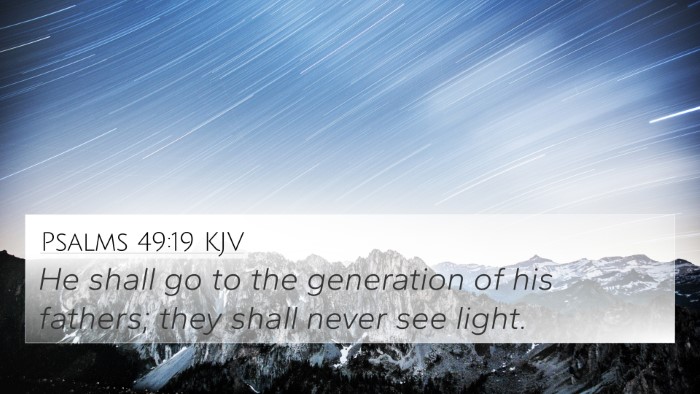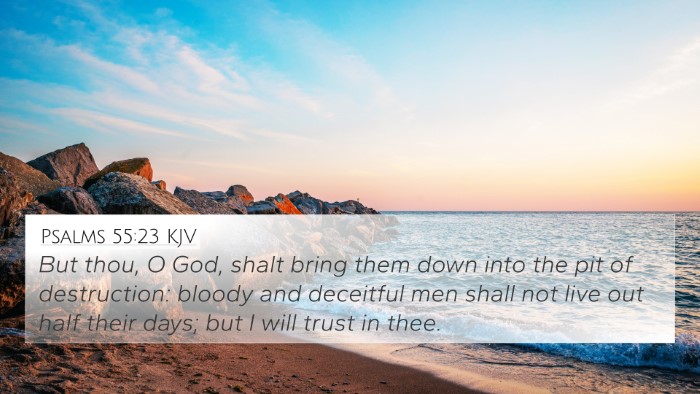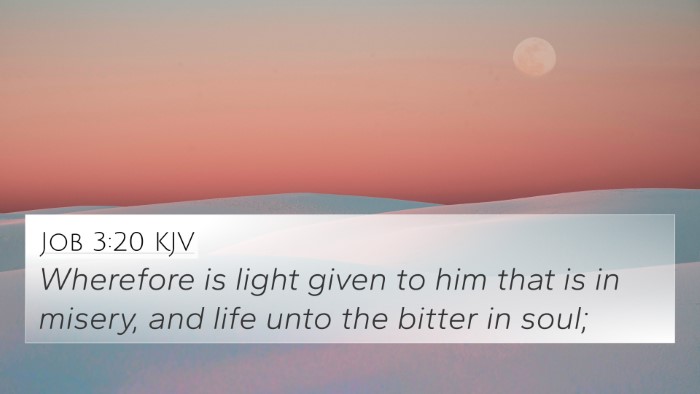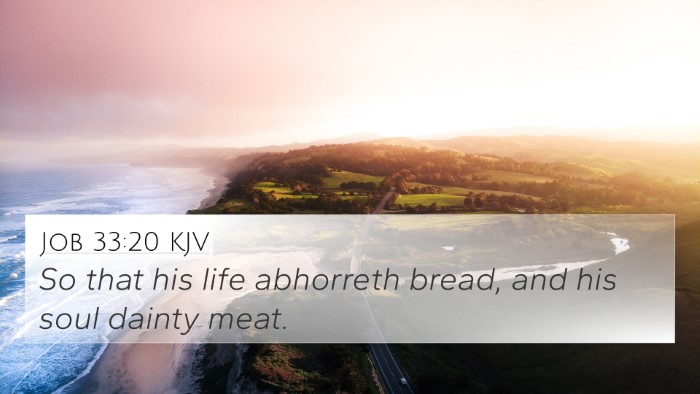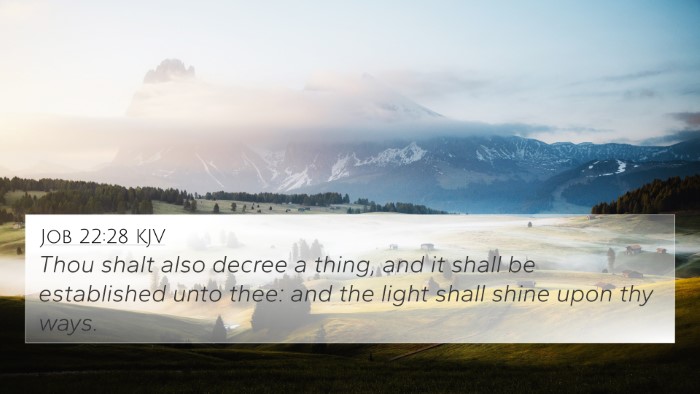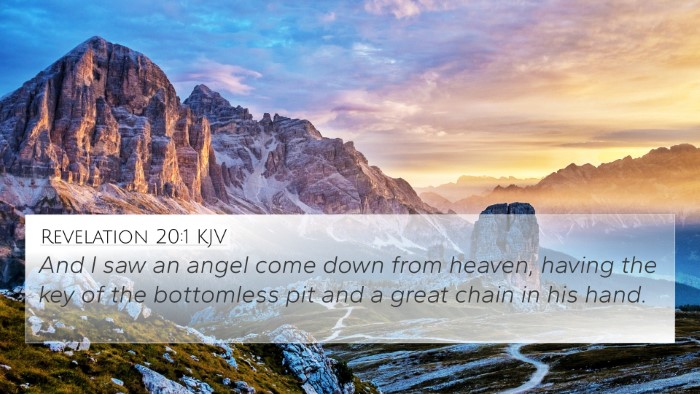Understanding Job 33:28
Job 33:28 states: "He will be gracious to him, and say, 'Deliver him from going down to the pit; I have found a ransom.'" This verse encapsulates profound themes of grace, redemption, and divine intervention. Below, we explore the meanings derived from public domain commentaries, enhancing our understanding through cross-references and thematic connections.
Commentary Insights
This verse is found within a discourse by Elihu, one of Job's companions. Elihu speaks about God’s ways of communicating with humanity, especially during times of distress.
Matthew Henry's Commentary:
Matthew Henry emphasizes the grace of God in rescuing a person from despair and destruction. He highlights God's willingness to intervene in human lives, offering redemption and mercy:
- God’s Graciousness: The mercy of God is central to this verse. It illustrates how God, in His grace, is approachable and responsive to our plight.
- Deliverance: The term 'deliver' underlines a fundamental truth about divine rescue, indicating God’s proactive stance in saving the afflicted from impending doom.
- The Ransom: This refers to the redemptive work of God, foreshadowing the ultimate redemption found in Christ.
Albert Barnes' Commentary:
Barnes elaborates on the promise of divine rescue, interpreting the "pit" not just as physical demise, but as spiritual descent into sin and judgment. His insights include:
- Spiritual Restoration: This verse reflects God’s concern for human souls, emphasizing that divine interventions are often not just for physical saving but spiritual restoration.
- Assurance of Salvation: The proclamation of finding a ransom reinforces the belief in God’s redemptive purpose for humanity.
- Hope in Affliction: Barnes connects the message of hope present in this verse with the broader theme of suffering and salvation through trials.
Adam Clarke's Commentary:
Clarke discusses the linguistic aspects of the term 'ransom' in the context of ancient practices. He notes the significance of atonement, which connects this verse to the theme of sacrificial love:
- Symbol of Atonement: Clarke underscores that 'ransom' symbolizes appeasement and is a vital part of God's character as Redeemer.
- Divine Intervention: The emphasis on God's action indicates that He is always working towards our deliverance, especially during our lowest points.
- Call to Faith: Clarke points out that recognizing God's role in our redemption prompts us to embrace faith even amidst despair.
Cross-References
This verse can be enriched through cross-referencing with other Biblical texts that resonate with its themes:
- Psalms 103:4: "Who redeems your life from the pit and crowns you with love and compassion."
- Isaiah 53:5: "But he was pierced for our transgressions, he was crushed for our iniquities; the punishment that brought us peace was on him, and by his wounds, we are healed."
- Matthew 20:28: "Just as the Son of Man did not come to be served, but to serve, and to give his life as a ransom for many."
- 1 Timothy 2:6: "Who gave himself as a ransom for all people. This has now been witnessed to at the proper time."
- Romans 3:24: "And all are justified freely by his grace through the redemption that came by Christ Jesus."
- Ephesians 1:7: "In him we have redemption through his blood, the forgiveness of sins, in accordance with the riches of God's grace."
- Hebrews 9:12: "He did not enter by means of the blood of goats and calves; but he entered the Most Holy Place once for all by his own blood, thus obtaining eternal redemption."
Thematic Connections
Understanding Job 33:28 involves recognizing the wider narrative of grace and redemption across Scriptures. This verse aligns with a broader theme of God’s saving action throughout the Bible:
- Grace in Suffering: Both Job's experience and the psalmists’ reflections point to God's grace during trials.
- Redemption Narrative: The idea of ransom foreshadows the ultimate sacrifice of Jesus Christ for humanity’s sin.
- The Role of Intercessors: Just as Elihu intercedes for Job, Christ intercedes for humanity, echoing the redemption theme.
Applications for Study
Students of Scripture can benefit from engaging with this verse through:
- Bible Concordance: Use tools for Bible cross-referencing to find and study related verses.
- Bible Cross-Reference Guide: Explore connections between this verse and others that speak of deliverance and grace.
- Cross-Referencing Bible Study Methods: Integrate comparative Bible verse analysis by noting how different authors speak of God's grace and redemption.
Conclusion
Job 33:28 is a powerful reminder of God's grace and willingness to reach into our darkness, offering hope and deliverance. By exploring its connections through cross-referencing and thematic study, we gain deeper insights into the nature of God’s character and His plan for humanity.

